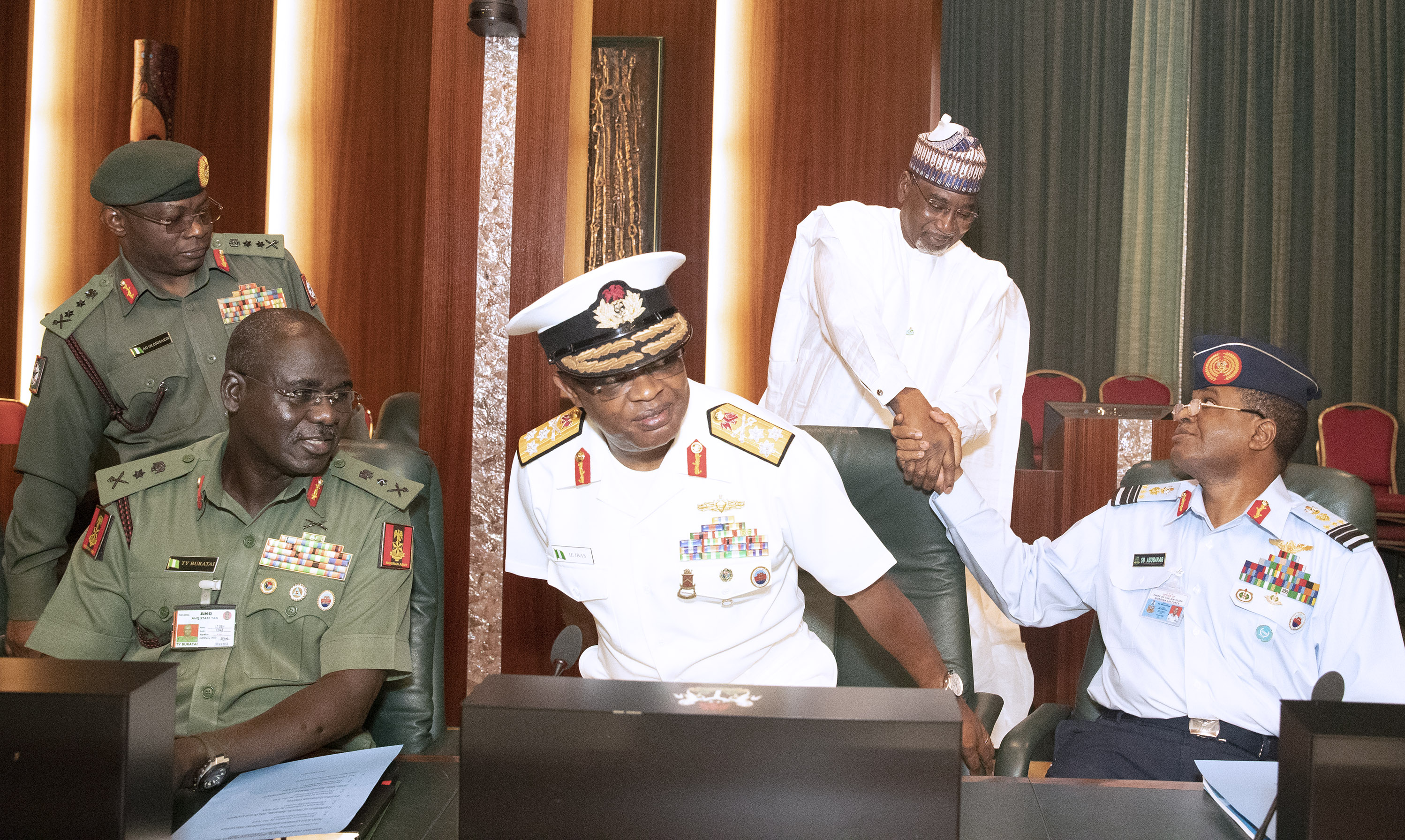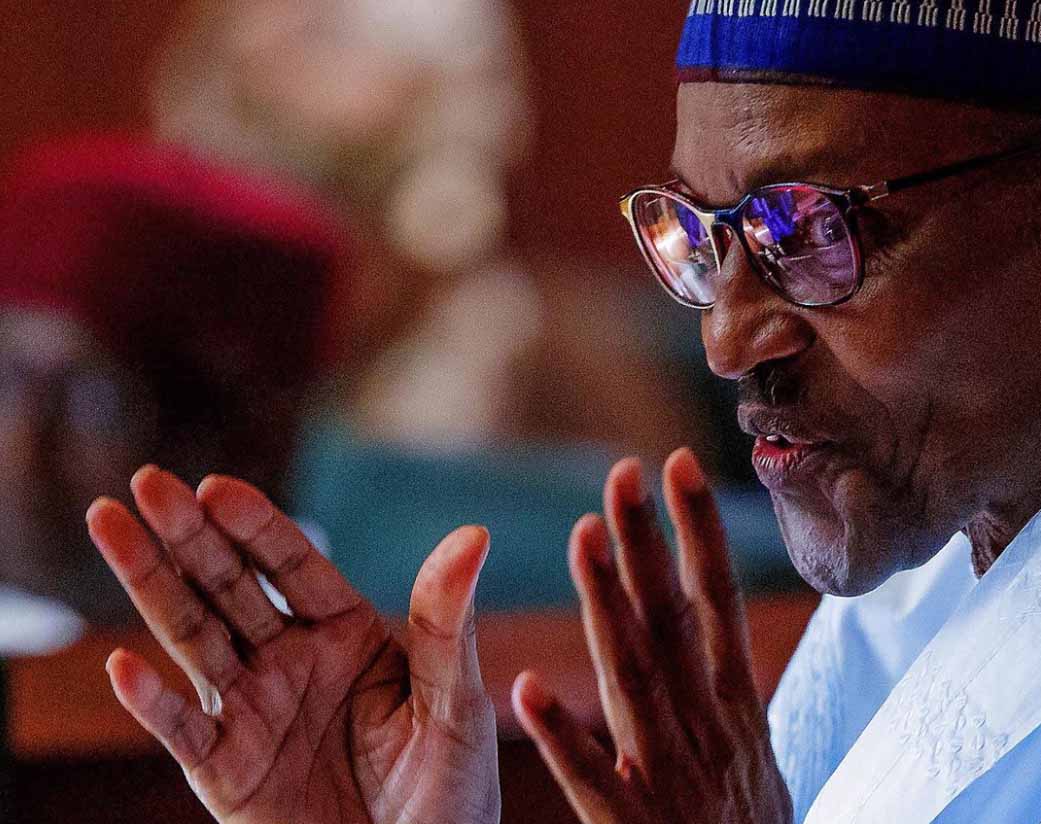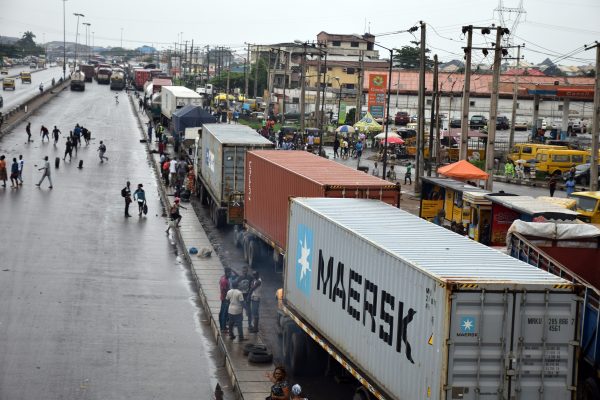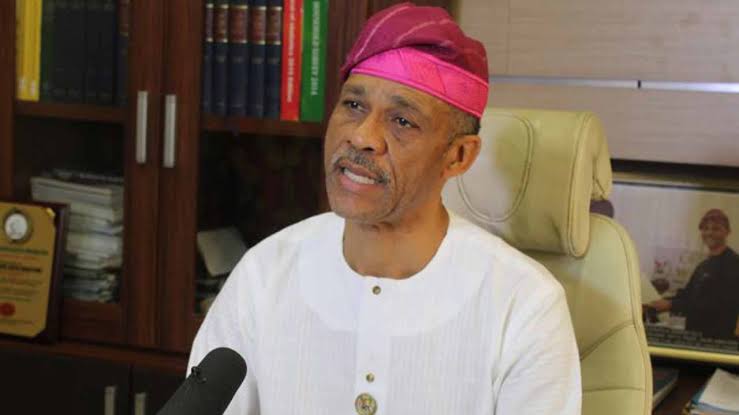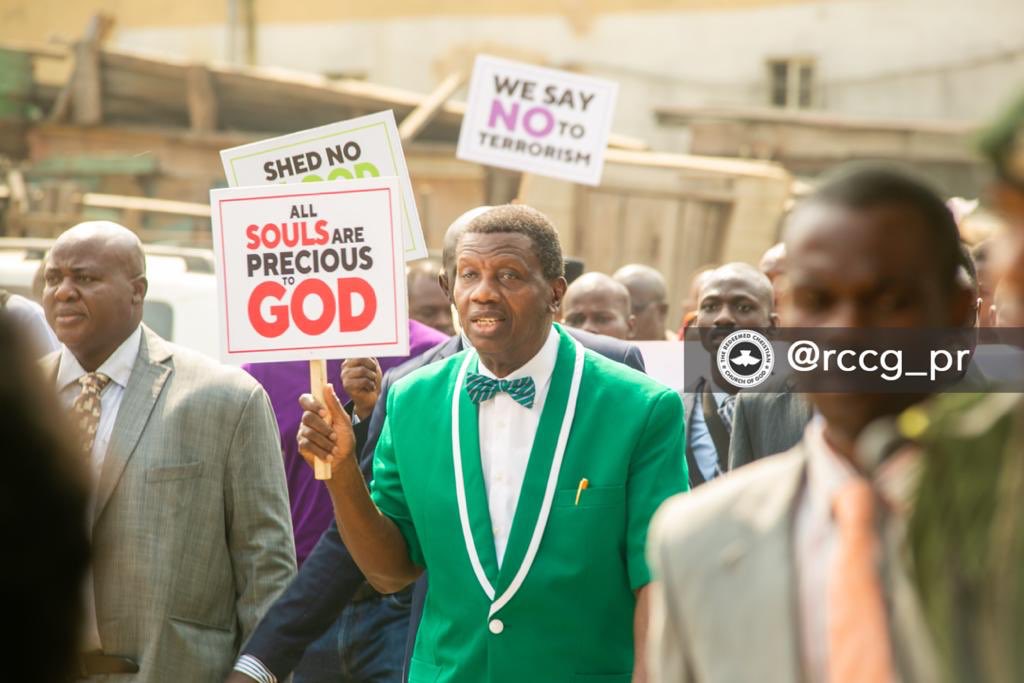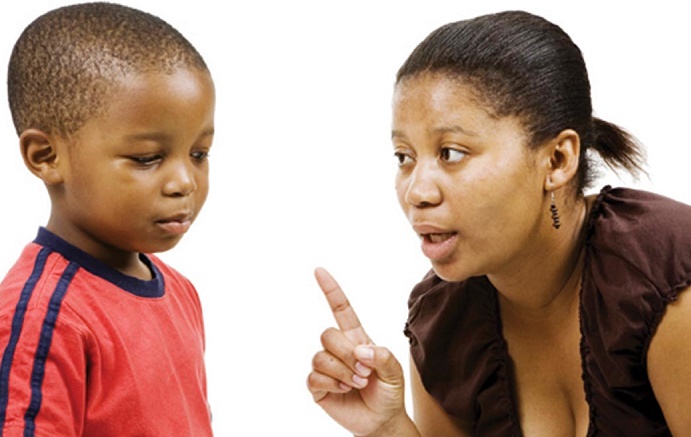Mr Festus Keyamo, minister of state for labour and employment, gave one of the most sensible responses to criticism by an official of the Muhammadu Buhari administration on Friday. Reacting to calls for the president to resign over growing insecurity in the country, Keyamo said: “The hullabaloo over the call by the opposition for the resignation of the President is unnecessary. It’s the usual singsong of opposition all over the world. They know it’s not going to happen.” Fair enough. Then he added what I had been longing to hear from a Buhari aide in a long while: “It’s just a way of telling government to do more and we in government should see it in that light.”
Is it me or is there someone else appalled by the way presidential spokespersons and government officials like to talk down on Nigerians? The role of government spokespersons is to communicate with — not talk down on — the citizens. But there seems to be a race to the bottom by presidential spokespersons. Anytime they open their mouths or punch their keyboards, it seems there is a competition to determine who can utter the vilest insults. I believe this militant brand of spokesmanship started in 2010 in the heat of the controversy over “zoning” (power rotation) after President Umaru Musa Yar’Adua’s death. It has since become the culture and tradition in Aso Rock.
Asking the president to resign is a standard practice in democracies, as Keyamo pointed out, although I disagree with his suggestion that it is only the opposition that does it. There are non-partisan citizens who also do. It is very important to make this distinction because while you can take the words of opposition as an attempt to play politics, you cannot treat every critic of the president as an opponent. Senator Enyinnaya Abaribe (PDP), who started the #BuhariResign call, did not ask President Goodluck Jonathan to resign when Boko Haram was attacking Abuja, Kano and Kaduna at will — so you can say he was making a political statement and I won’t argue over that.
However, there are millions of Nigerians who voted for Buhari because they genuinely believed that as a retired army general, he stood a better chance of winning the war against terror, compared to Jonathan whom many thought was being sabotaged by the military establishment. If those who toiled night and day and stood in long queues to vote Buhari into power are expressing disappointment at his inability to secure the country, I think they earned the right to be angry. I do not think that the reward for their trust should be the broad, acidic tongue-lashing by presidential aides who are unable to distinguish between partisan and non-partisan criticisms.
Advertisement
No matter what anybody says, the truth today is that Nigeria is getting increasingly insecure. How many people are confident enough to drive on interstate roads? Armed robbers are beginning to look like nice guys, compared to the murderous bandits, kidnappers and terrorists who have taken over the highways. How many politicians can confidently go to their village without harbouring fears of kidnap? Those who travel by train from Abuja to Kaduna are facing a new huddle: bandits are now waiting for them on arrival. They think they are dodging a bullet by not plying the Abuja-Kaduna highway, but it seems there is no hiding place for anyone anymore.
And while we are at it, Boko Haram has remained unrelenting. They scored a very cheap point recently when they killed Rev Lawan Andimi, a Christian cleric from Adamawa state. This has re-ignited public anger and put the terrorists back on the screen. The bandits and terrorists are all over the north wreaking havoc, killing villagers in the most barbaric way and abducting those they consider to have high kidnap value, including traditional rulers. When you put all these together, you are tempted to think armed robbery is child’s play. The scariest thing is that there appears to be no end in sight. In many villages, Nigerians live in fear, expecting the sound of the next gunshot.
It is not as if we have not recorded any progress in the fight against insecurity. At the rate Boko Haram was advancing in 2013 and 2014, we would have lost at least three states to them long ago. Abuja residents had nasty doses of Boko Haram barbarism with two Nyanya bombings, an attack on the police headquarters and an explosion at Emab Plaza. People were killed or maimed in their hundreds. Kano residents were constantly in fear of attacks that targeted Friday mosques. Kaduna and Niger residents were not spared the traumatic anxiety. No honest person can say the situation is the same today, but, sadly, the insurgents are still striking in the north-east.
Advertisement
Of course, we did not get here overnight. Banditry in northern Nigeria had been building up for ages. As far back as 1990, I can remember that Col Mohamed Buba Marwa, as military administrator of the old Borno state, set up “Operation Zaki” — the first joint military patrol in the country, I think — to tackle the bandits, who always came to steal, to kill and to destroy. They terrorised travellers on federal highways. Colonel Joseph Akaagerger also set up a similar highway patrol as military administrator of Katsina state in 1998. The word then was that the bandits were foreign rebels who regularly invaded the country to pile up cash. Whatever it was, the seed germinated.
Looking back today, I would say this was one of the things that prepared the ground for Boko Haram and the widespread banditry in the north as well as other forms of criminality in the country. The criminality mutated and produced different species. It is like the four stages of metamorphosis in holometabolous insects — egg, larva, pupa and imago. We live in a country where unemployment and poverty have been ruining the social fabric and breeding criminals. This is worsened by the weak and compromised security ecosystem — either we are talking about the quality and integrity of the personnel or the state of the equipment. It is just not fit for purpose.
What is the way forward? I wish I knew. One thing for sure, though: President Buhari can do a lot better than this, and I am trying to put it nicely. For the life of me, I cannot understand why he has stubbornly retained his team of tired service chiefs, all of whom should be enjoying their retirement benefits by now. Their course mates in military school — from whom they normally enjoy loyalty and support — have retired, leaving them largely disconnected from their subordinates who are apparently demoralised knowing that they cannot aspire to lead the forces before they are retired while their seniors remain in active service. No system can work this way.
Another thing is that when crimes appear to be intractable, it is always wise to suspect possible complicity on the part of the personnel of the security agencies. The very lucrative kidnap industry, for instance, is a form of organised crime with a network of syndicates. How do you explain a situation where the police mount roadblocks in distances of five kilometres apart and kidnappers still operate in between the roadblocks? It shouldn’t take a genius to figure things out. We have a broken system that permeates every segment and every section of the society — and this is why I think if we don’t overhaul things decisively, it is as good as pouring water into a basket.
Advertisement
Can Buhari do more? Definitely. He promised to secure the country. It is his job to do so, even if he didn’t promise it. Nigerians, both the mighty and the lowly, are fast losing faith in the ability of the state to protect them. The fundamental function of government is to avert anarchy and secure lives and property. I do not suggest that Buhari has been sleeping on the job as many say, but I am very worried that I can’t see the sense of urgency, none that can match the state of insecurity, with several parts of Nigeria regularly coming under attack. The least Buhari can do is overhaul his security team and breathe a new life into it. He should also get help from wherever he can.
Should Buhari resign as demanded by Abaribe? If I am sure Boko Haram, bandits and kidnappers will disappear as soon as he resigns, I will quickly raise up my hand in support. But I don’t see how his resignation will solve any problem. We are dealing with a broken socio-economic and security system that has become an albatross on our neck. However, we have been spending billions of dollars on security and cannot claim, without flinching, that we have been getting value for money. That shows something is not working. We cannot be boasting that we have “technically” defeated Boko Haram today and still be promising to defeat Boko Haram tomorrow. Something is wrong.
AND FOUR OTHER THINGS…
OKADA BAN
The Lagos government has banned the operations of commercial motorcyclists and tricyclists in 15 councils and restricted them to certain routes. This, the government said, is for health and safety reasons, in addition to fighting insecurity. How is this different from the ban imposed by Governor Babatunde Fashola in 2012? Is the solution to the okada menace another ban or enforcement of the ban? How can we stop enriching police officers who have been extorting these guys in enforcing the ban? Actually, banning okada is the easiest part of the job. Tackling the resultant unemployment is another matter. Prediction: there will be more crimes in Lagos. Inevitable.
Advertisement
NO IMMIGRANTS
The US has finally placed a ban on immigrant visas for Nigerians and nationals of six other countries over the failure to comply with its established identity-management and information-sharing criteria. The good news is that the regular visas, such as B1/B2, are not affected, even if successful applications could become fewer. Applicants for US immigrant visas have indeed been experiencing restrictions recently. Already, there is a ban on birth tourism — effectively meaning foreign women can no longer travel to the US to give birth to get citizenship for their babies. This will affect most countries. Those who find a way round it will certainly be penalised some other way. Trumped.
Advertisement
CAUSE FOR CONCERN
Prof Ishaq Akintola, director of Muslim Rights Concern (MURIC), says he has been receiving death threats over his comments on Amotekun. He has been complaining about the “marginalisation” of Muslims “who are in the majority in the south-west”. Last year, he complained that there were too many Christian governors in the region, and now he has said Amotekun is a “Christian militia”, even insisting that the name of the regional security outfit is from the Bible. However, no matter how annoying anybody finds his statements (and they could be very annoying), threatening his life is completely unacceptable. Freedom of speech is a constitutional right. Non-negotiable.
Advertisement
BABY FACTORY
Hon. Alhassan Ado Doguwa, the member of house of reps from Doguwa/Tudun Wada federal constituency, Kano state, set the social media ablaze on Wednesday when he advertised to the world his four wives and 27 children. “I am still counting,” he boasted, meaning the factory has not been decommissioned. To put things in perspective, Doguwa — a first-class product of mass communication from the Bayero University Kano — has always been in government, either by appointment or election, since he finished his national youth service. He is somebody you can call “indigene of government”. And, oh dear, government is sweet! Parasitism.
Advertisement
Add a comment

